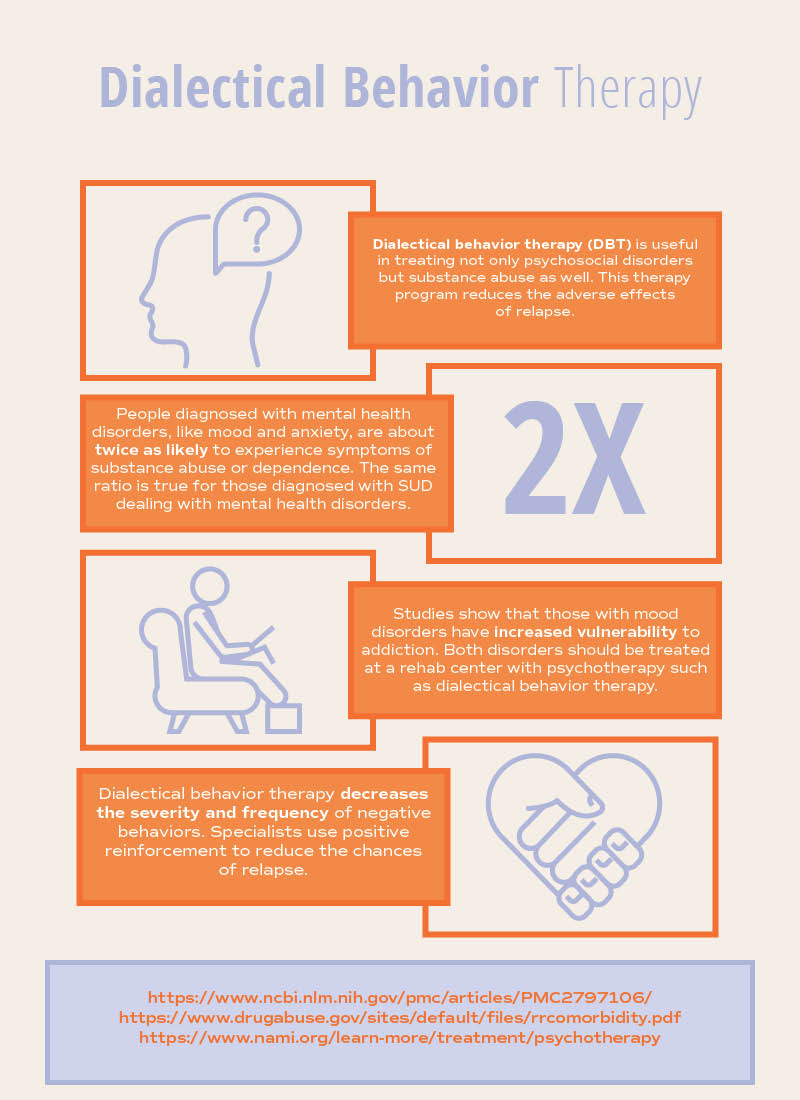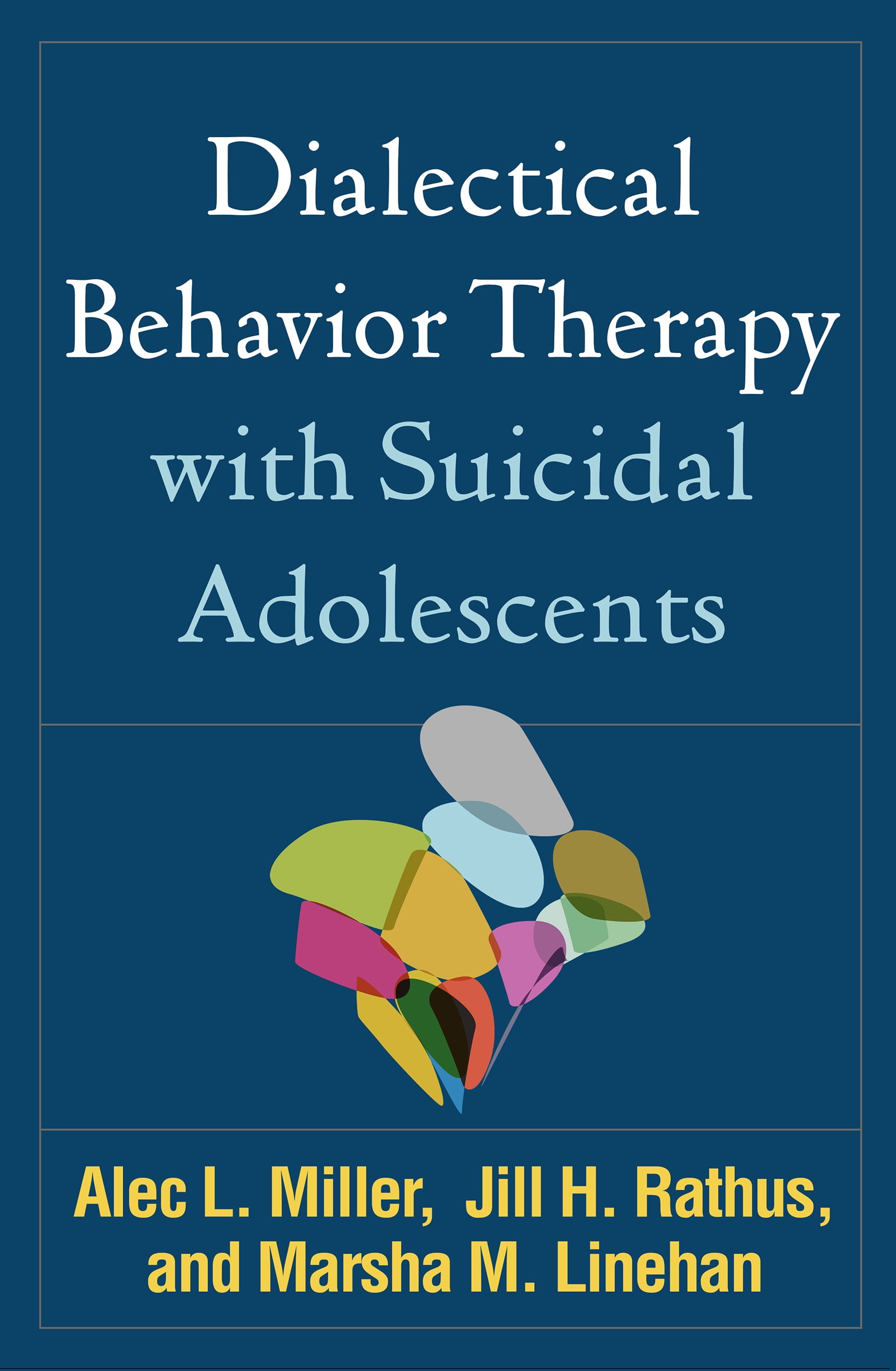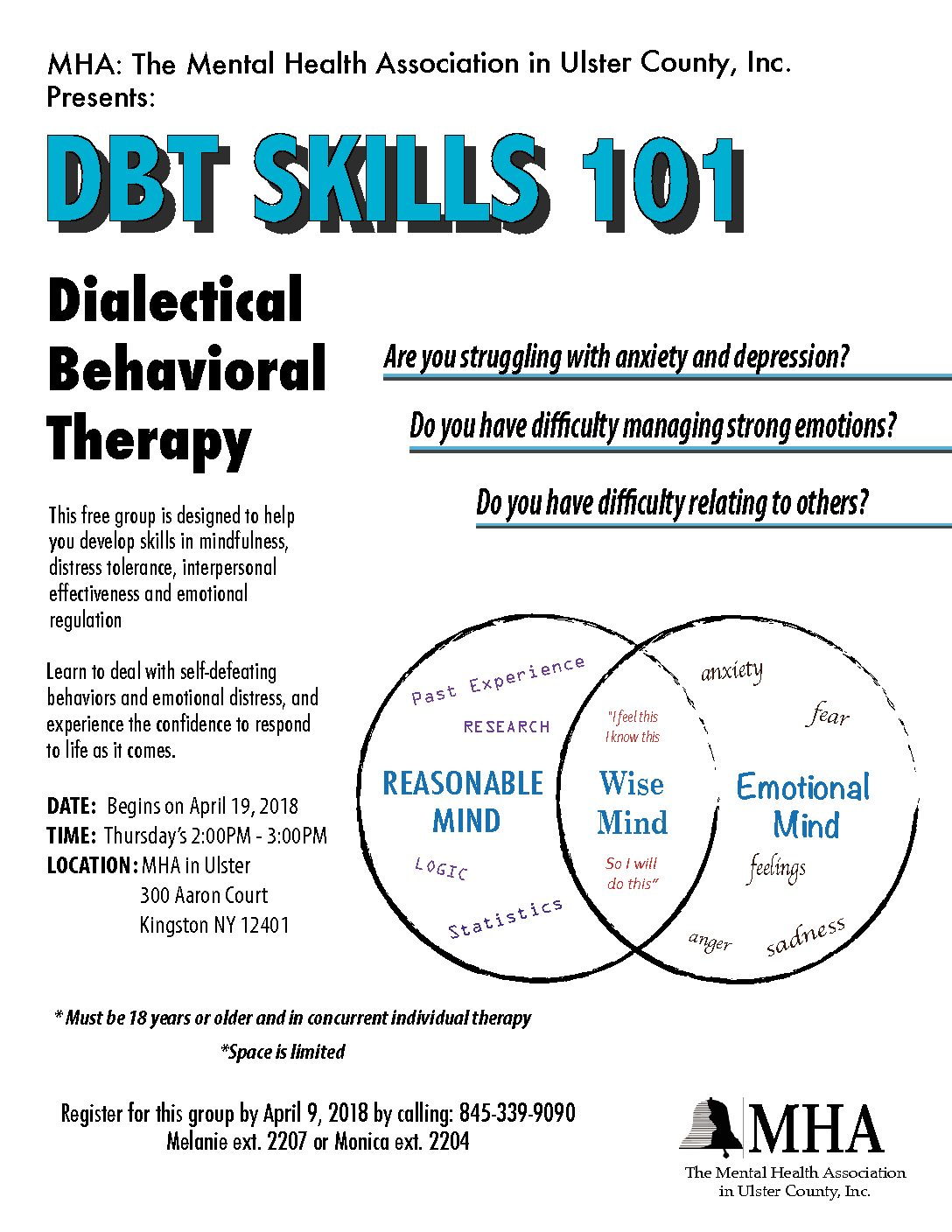
- DIALECTIC BEHAVIOR THERAPY HOW TO
- DIALECTIC BEHAVIOR THERAPY MANUALS
- DIALECTIC BEHAVIOR THERAPY MANUAL

They have not necessarily been evaluated empirically either by themselves or in conjunction with in-person treatment.

Important Note: The books listed above are based on empirically-supported in-person treatments. The High-Conflict Couple: A Dialectical Behavior Therapy Guide to Finding Peace, Intimacy, and Validation (Fruzzetti).
DIALECTIC BEHAVIOR THERAPY HOW TO
DIALECTIC BEHAVIOR THERAPY MANUAL
DIALECTIC BEHAVIOR THERAPY MANUALS
Treatment Manuals Training Resources Measures, Handouts and Worksheets Self-help Books Smartphone Apps Video Demonstrations Video Descriptions Clinical Trials Meta-Analyses and Systematic Reviews Other Treatment Resources Treatment Manuals / Outlines Treatment Manuals Books Available for Purchase Through External Sites Note: The resources provided below are intended to supplement not replace foundational training in mental health treatment and evidence-based practice Length:Varies, but usually lasts 1-1.5 years including both individual therapy and skills groupsĮditors: David Albert, PhD Stephanie Goldstein, BS.Essence of therapy: Dialectical behavior therapy teaches clients behavioral skills in mindfulness, distress tolerance, interpersonal effectiveness, and emotion regulation.It is thought that a lack of awareness and acceptance of these emotional experiences interferes with developing more effective coping strategies for distress. In order to regulate heightened emotions, they tend to react in a more extreme and impulsive manner (e.g., self-harm, suicide attempts). Basic premise: A subset of individuals experience emotions more intensely than others.Modest: Support from one well-designed study or several adequately designed studies.Ĭontroversial: Conflicting results, or claims regarding mechanisms are unsupported.įind a Therapist specializing in Dialectical Behavior Therapy for Borderline Personality Disorder. Treatment pending re-evaluation 1998 EST Status: Strong Research Support Strong: Support from two well-designed studies conducted by independent investigators. Insufficient Evidence: Existing meta-analyses are not of sufficient quality Insufficient Evidence: No meta-analytic study could be identified Weak: Low or very low-quality evidence that treatment produces clinically meaningful effects on symptoms or functional outcomes Gains from the treatment may not warrant resources involved

Strong: Moderate- to high-quality evidence that treatment improves symptoms OR functional outcomes not a high risk of harm reasonable use of resources Very strong: High-quality evidence that treatment improves symptoms and functional outcomes at post-treatment and follow-up little risk of harm requires reasonable amount of resources effective in non-research settings 2015 EST Status: Treatment pending re-evaluation


 0 kommentar(er)
0 kommentar(er)
